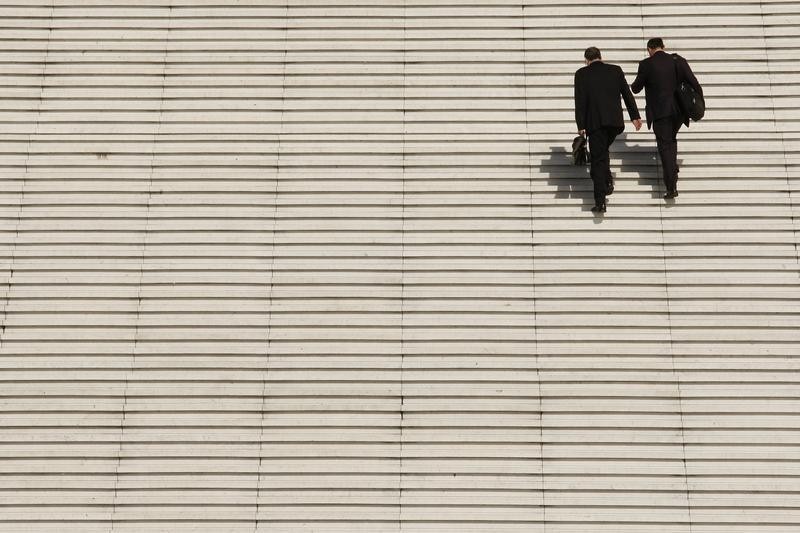Japan's Ruling LDP Coalition May Lose Majority in Parliament
In an unexpected development, exit poll results from today's general elections indicate that Japan's Liberal Democratic Party (LDP) and its coalition partner may lose their majority in the lower house of parliament. This situation has sparked speculation about the possible structure of the country's future government.
As a dominant force in Japan's political arena, the LDP has remained in power for almost the entirety of the post-war period. However, history has occasionally witnessed the party's control being shaken. In 1983, despite expectations of a comfortable victory, the LDP failed to secure a majority, resulting in the lowest voter turnout of the post-war era. The party was then compelled to form a coalition with the New Liberal Club to maintain its power.
Current Prime Minister Shigeru Ishiba entered parliament in 1986 following a brief career in the banking sector. The LDP has faced difficulties before; for instance, in 1993, it again failed to secure a majority due to corruption scandals. At that time, seven opposition parties, including two that defected from the LDP, formed a coalition that removed the LDP from power for the first time since its establishment in 1955. However, internal strife within the coalition led to its collapse in less than a year.
In 2000, under the leadership of Prime Minister Keizo Obuchi, the LDP faced a leadership crisis following Obuchi's stroke and subsequent death, leading to Yoshiro Mori taking over. Mori's gaffes diminished the party's popularity, and in the subsequent elections, the LDP had to rely on a partnership with Komeito, supported by a significant Buddhist secular group, to remain in power.
The coalition deteriorated again in 2009 during the global financial crisis, resulting in a landslide victory for the Democratic Party. However, the Democrats faced criticism for their handling of the Fukushima nuclear disaster after the earthquake and tsunami in 2011, which enabled the LDP to regain control in the 2012 elections. The Democratic Party eventually dissolved in 2016, with its remnants forming the current main opposition party, the Constitutional Democratic Party, and a smaller faction called the Democratic Party for the People.
As citizens cast their votes today, some went to the polls accompanied by children dressed in Halloween costumes. The future of Japan's government is currently in a state of balance, and whether the LDP can maintain its long-standing power will depend on the final results of the election.


